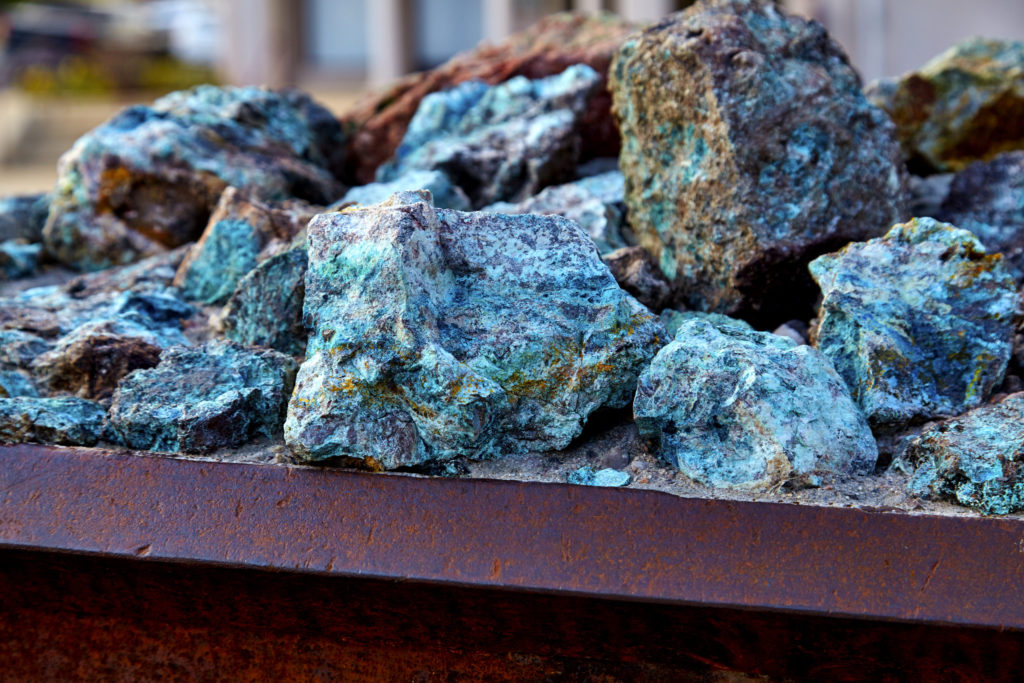Reuters | August 23, 2023 |

Australia’s economy is well-placed to benefit from strong demand for critical minerals with the global appetite expected to rise by 350% by 2040, official forecasts showed on Wednesday, as many big economies rush to hit net zero emission targets by 2050.

Australia supplies around half of the world’s lithium and has vast reserves of the nickel, zinc and bauxite required for the production of clean energy technology in electric vehicles and batteries. It has the potential for more undiscovered minerals, with around 80% of the land mass largely under-explored.
The government’s “Intergenerational Report 2023” will forecast the global demand for lithium is projected to increase sharply through 2063, significantly expanding Australia’s potential export market, according to excerpts of the report reviewed by Reuters.
Export volumes of spodumene concentrate, a type of lithium ore, are projected to double over the next five years from 2022.
Ahead of the report’s formal release on Thursday, Treasurer Jim Chalmers called critical minerals Australia’s “big chance and big opportunity” to broaden its industrial base.
“We have just what the world needs, just when the world needs it,” Chalmers said in a statement.
But miner BHP, after reporting full-year results on Tuesday, said Australia could face significant challenges in developing its critical minerals industry in coming years and needed to focus on its fiscal settings and productivity.
Australia has reaped natural advantages in its deposits of iron ore and coal, key drivers of the country’s prosperity, which are largely found in large, shallow deposits and can be easily transported to end markets, the company said.
That is not the same for copper, lithium, nickel and rare earths, which are found in smaller deposits, at increasingly deeper levels, and require more costly processing.
“For investments in critical minerals, Australia really has to focus on its competitiveness relative to other jurisdictions, both on fiscal terms and on productivity,” BHP CEO Mike Henry said on Tuesday.
($1 = 1.5511 Australian dollars)
(By Renju Jose in Sydney and Melanie Burton; Editing by Christian Schmollinger)
No comments:
Post a Comment